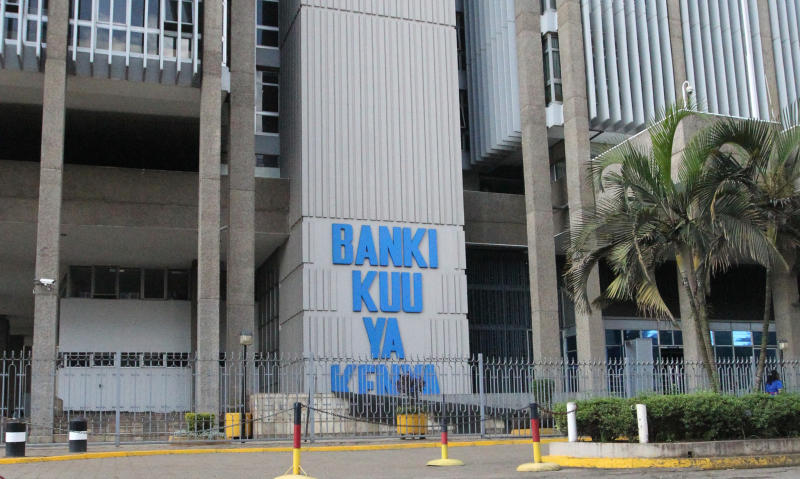Banks
Lack of Smartphones to Hinder Digital Currency in Kenya, CBK Warns

The Central Bank of Kenya has warned that the lack of smartphones by nearly half the population of mobile phone users in Kenya may hinder its proposed digital currency plan in the country.
Speaking during an interview CBK Governor Peter Njoroge said that the bank may delay rolling out the central bank digital currency (CBDC) a virtual version of the Kenyan shilling due to the mobile phone hindrance.
The virtual shilling is expected to work in the same way as physical hard currency, exchanging freely within wallets and in person-to-person payments, and will require access to the internet.
According to recent data, 56% of the 59 million mobile phones in Kenya are feature phones making it hard to transact using CBDC.
With an aim to switch four million 2G and 3G phones to the 4G network, Safaricom in partnership with Google made a sales offer of one million affordable digital devices, with customers paying as little as Sh20 per day for nine months.
Dr. Njoroge said that the CBDC will have a minimum viable technology requirement, “which may be a sort of fourth-generation (4G) environment. There is an argument to be made that such a development could lead to greater financial exclusion such that some people may fall out of the financial system just because we have adopted a CBDC… This is something we need to be careful about.”
“We may decide therefore that we should wait a little more until everyone catches up because at this moment the lower-level technologies are quite prevalent with us.”
Last month the CBK invited public thoughts on the proposed introduction of digital currency, leaving its opposition to crypto assets. May 20, 2022, is the deadline to submit comments to the banking regulator.
Through Safaricom`s M-Pesa that took off in 2007, Kenya introduced mobile phone payments. However, the CBK is yet to issue digital currency due to certain risks.
According to the regulator, these risks include commercial banks being curbed by the movement of deposits into the digital currency and financial exclusion of those without access to technological infrastructure or knowledge.
Advantages of issuing a digital currency have also been highlighted including easing and lowering the cost of cross-border payments. CBDC is also a safer substitute to the current, unregulated digital currencies such as bitcoin.
Cryptocurrencies are not tied to the value of an asset and are therefore highly unstable, with no alternative in case of loss through hacking or loss of wallet passwords.
“CBDC could potentially shield the public from the risk of new forms of private money by providing safer and more trustworthy payment services than new forms of privately issued money-like instruments, such as stable coins,” said the CBK.







